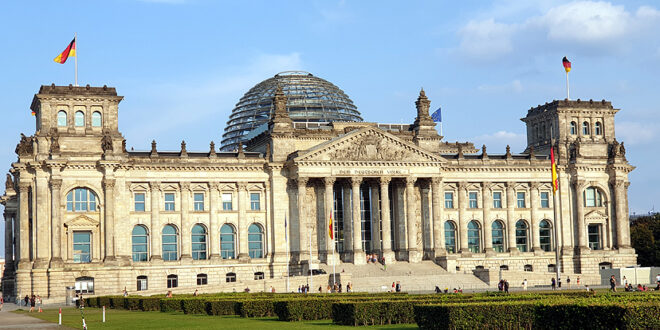Several legal changes will take effect in Germany starting February 2025, impacting areas such as artificial intelligence, energy, salaries, television costs and elections. Here is an overview of the key changes:
1. Restrictions on Certain AI Applications
As from 2February 2025, specific artificial intelligence systems will be prohibited due to concerns over fundamental rights. This includes AI technologies that manipulate human behavior or implement emotion recognition in professional environments. The regulation aims to protect individual privacy and prevent unethical AI applications in sensitive areas such as workplaces.
2. Reduction in Solar Energy Feed-in Tariffs
From 1 February 2025, the financial compensation for feeding solar-generated electricity into the grid will decrease slightly. Owners of newly installed solar panels will receive a one percent lower tariff than before. For small photovoltaic systems (up to 10 kW capacity), the new rates will be 7.94 cents per kilowatt-hour (kWh) for systems that partially feed electricity into the grid and 12.60 cents per kWh for those fully feeding in their output. This change reflects ongoing adjustments in renewable energy subsidies.
3. Salary Increases for Public Sector Workers
Employees working in the public sector at the state level will benefit from a wage increase starting in February 2025. Their salaries will rise by 5.5 percent, while apprentices and trainees in public service will see their monthly stipends increase by 50 euros. This pay raise follows negotiations aimed at improving compensation for public employees.
4. Higher Fees for HD Television Services
From the beginning of February 2025, viewers subscribing to HD Plus services will face a 15 percent increase in fees. This price adjustment applies to those accessing private television channels in high definition via satellite or streaming services. Consumers should anticipate higher costs for continued access to HD programming.
5. Changes to Bundestag Election Rules
The German federal election scheduled for 23 February 2025 will be conducted under revised electoral laws. The reforms aim to streamline the size of the Bundestag by capping it at a maximum of 630 seats, eliminating the previous system of overhang and compensatory mandates. This change is intended to simplify parliamentary representation and ensure fairer seat distribution.
These legislative updates reflect Germany’s evolving approach to technology regulation, renewable energy policy, labor conditions, media costs and democratic processes.
Femi Awoniyi
 THE AFRICAN COURIER. Reporting Africa and its Diaspora! The African Courier is an international magazine published in Germany to report on Africa and the Diaspora African experience. The first issue of the bimonthly magazine appeared on the newsstands on 15 February 1998. The African Courier is a communication forum for European-African political, economic and cultural exchanges, and a voice for Africa in Europe.
THE AFRICAN COURIER. Reporting Africa and its Diaspora! The African Courier is an international magazine published in Germany to report on Africa and the Diaspora African experience. The first issue of the bimonthly magazine appeared on the newsstands on 15 February 1998. The African Courier is a communication forum for European-African political, economic and cultural exchanges, and a voice for Africa in Europe.


































